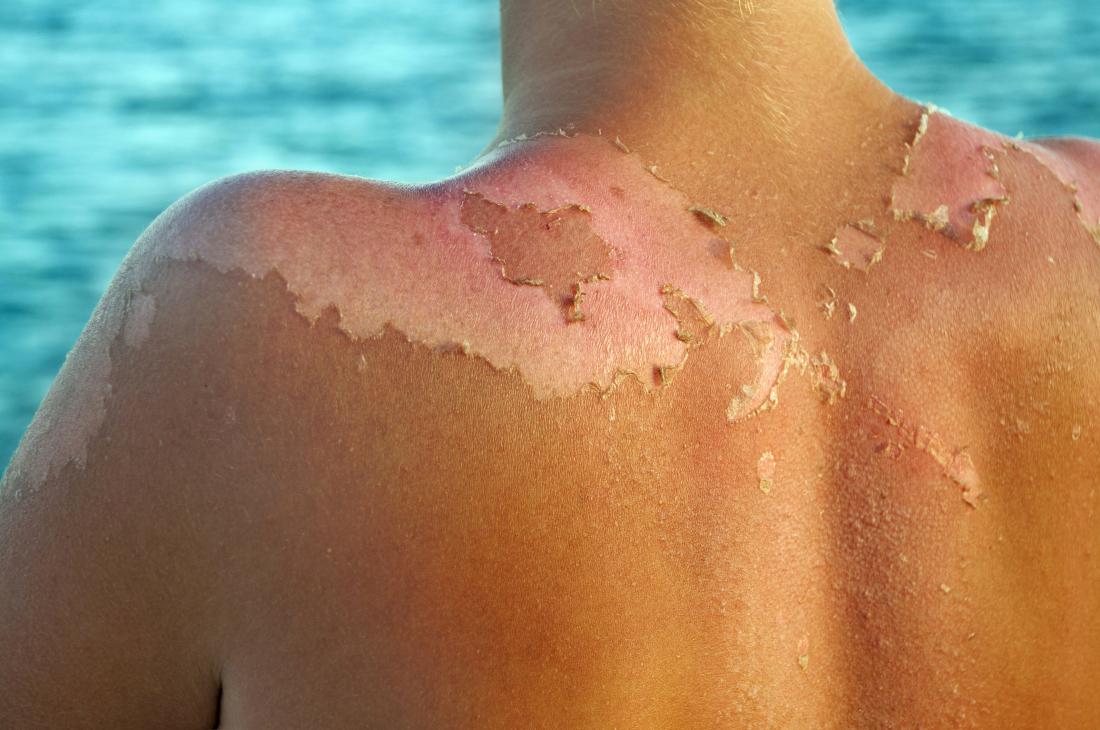Is the sun good or bad for psoriasis?
Psoriasis is an inflammatory condition that can develop when the immune system is not functioning correctly. It results in an overgrowth of skin cells.
These cells accumulate on the surface of the skin in scaly plaques that can be uncomfortable and itchy. Treatments include medicated creams, steroids, a range of oral medications, and biologic drugs, which target the immune system.
Sunlight may help manage skin symptoms, but it is important to take precautions because too much sun exposure can make symptoms worse or trigger a flare.
This article looks at how to have safe sun exposure with psoriasis and how to protect the skin from too much sun.
How does sunlight help psoriasis?
Sun exposure may have a positive impact on the symptoms of psoriasis. It also boosts vitamin Dlevels, which may or may not play a role in psoriasis.
UV rays
 Controlled sun exposure may help with psoriasis.
Controlled sun exposure may help with psoriasis.
The sun emits ultraviolet (UV) rays, which can be UVA or UVB. The difference lies in the size of the wavelength. UVA rays can reach deeper into the skin, while UVB rays do not penetrate as deeply.
Research suggests that UV rays have immunosuppressive effects, which can help reduce psoriasis symptoms.
Natural UVA rays alone do not appear to improve psoriasis symptoms, but UVB rays may help.
UVB exposure from the sun can slow the rapid growth of skin cells that occurs with psoriasis. This may help ease inflammation and reduce scaling in people with mild to moderate psoriasis.
Vitamin D
Sunlight can also help the body create vitamin D, which has many important functions in the body. Vitamin D occurs naturally in some foods, but a person needs sunlight for most of their vitamin D supply.
A 2017 review suggested that vitamin D deficiency may be common among people with psoriasis.
However, it is not clear whether increased vitamin D helps improve psoriasis symptoms or whether the improvement is due to sunlight benefitting the immune system.
Dermatologists may recommend that people with psoriasis use topical creams that contain vitamin D. These creams can help with psoriasis plaques.
Learn more about how vitamin D can help with psoriasis.
How much sun?
 Too much sun can cause skin damage and may trigger psoriasis.
Too much sun can cause skin damage and may trigger psoriasis.
Sunlight can help treat psoriasis, but it is important to increase exposure slowly and set limits to prevent any damage that may trigger a flare of skin involvement.
Before going into the sunshine, ensure that:
- all the areas of skin affected by psoriasis will have equal exposure
- all other areas are protected with sunscreen or clothing
Start by exposing affected areas for 5–10 minutes at the same time each day, such as at noon. This will allow the body to absorb sunlight and reduce the risk of sun damage.
Anyone who undergoes phototherapy should avoid this type of sun exposure. This includes people who use PUVA, a light therapy that involves a combination of UVA rays and a drug called psoralen.
It is best to work with a doctor, such as a dermatologist, to determine the right amount of sun exposure. They may recommend a more controlled type of UV exposure, such as narrow-band UVB therapy.


Post a Comment